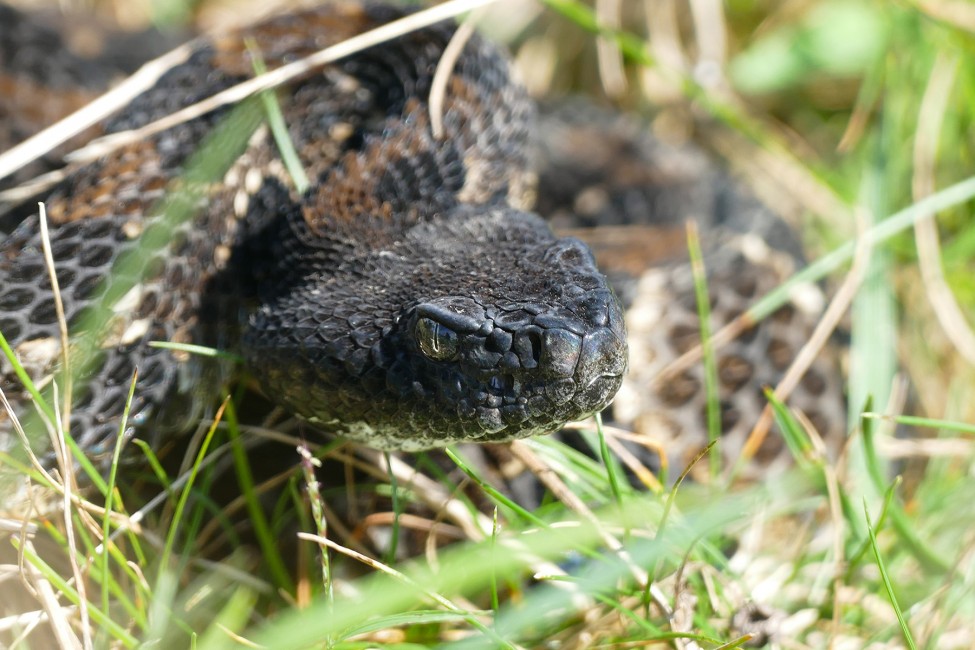
June 30, 2019
Social Serpents
- as seen by -
 Eric Januszkiewicz
Eric Januszkiewicz
With the weather warming up, snakes in the Northeast are beginning to emerge from their winter hibernacula. Timber rattlesnakes (Crotalus horridus) overwinter in these communal dens for months on end until late spring. The dens are usually composed of closely related individuals that return to the same hibernaculum year after year.
When they first emerge, these snakes sun themselves until they prepare to shed and then will disperse in search of food and mates. This seasonal dispersal protects them from the inbreeding depression that would result from mating with the closely related individuals of their own hibernaculum.
Females tend to travel anywhere from 0.5 – 2 miles from their hibernaculum while males will travel around 2 – 4 miles throughout the summer. When it comes time to make their way back to the den for the winter, timber rattlesnakes follow chemical trails left by other rattlesnakes that are detected using their vomeronasal organ (pit organ located on the snout). They can even decipher between chemical trails left by closely related individuals and other snakes to ensure they make their way back to the right den with their kin.
While timber rattlesnakes may be thought of as cold-hearted killers, they are actually quite docile and socially complex creatures. If observed at a safe distance and left alone, one can truly appreciate this magnificent reptile.
Panasonic
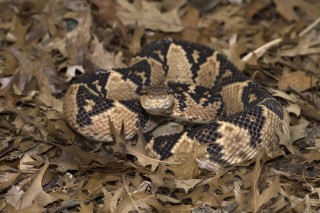
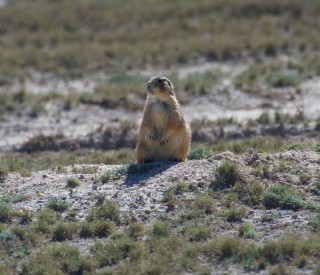
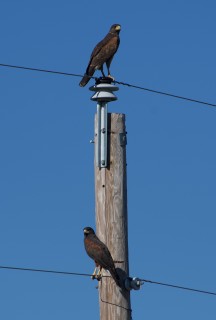
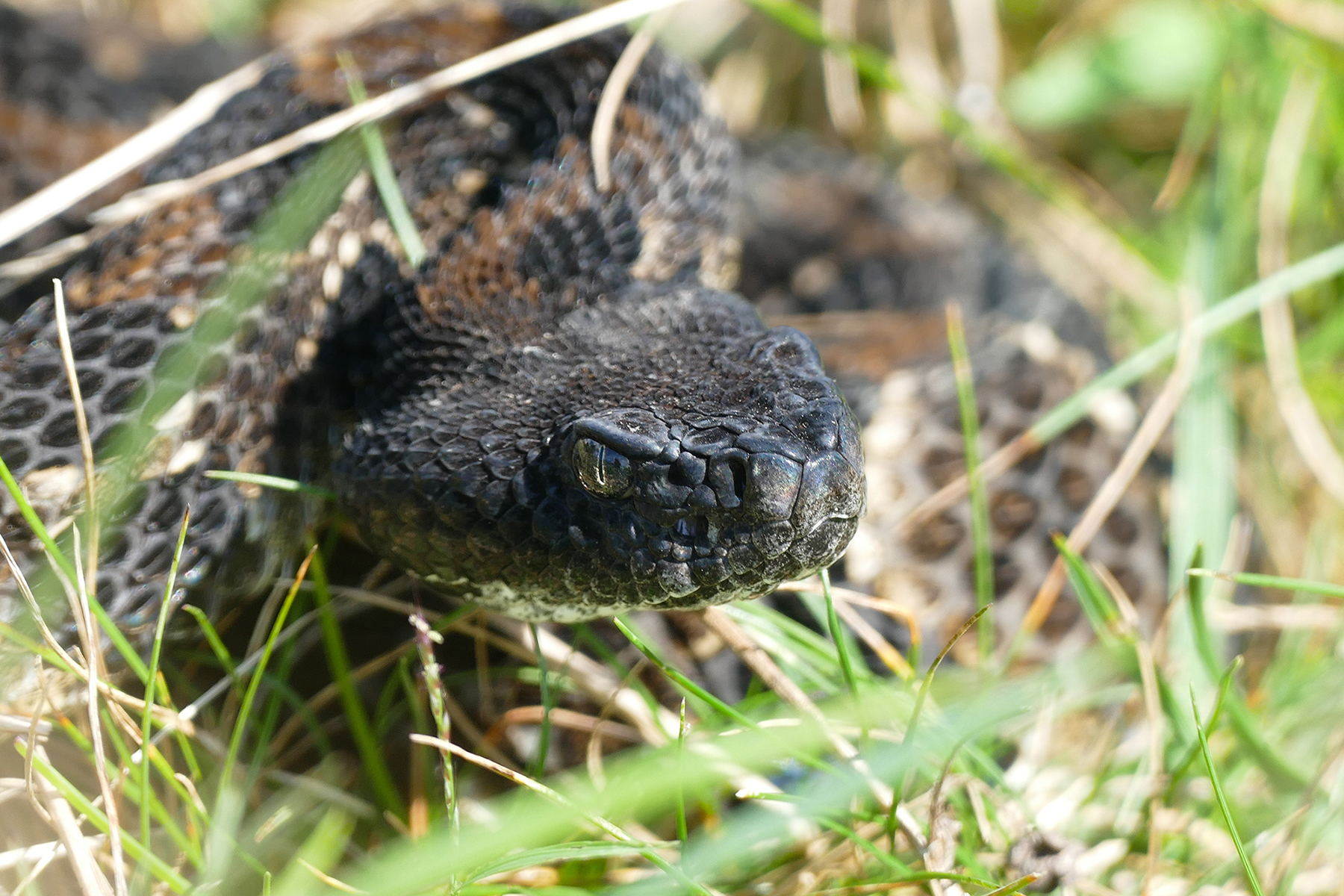
Leave a Comment
wendy townsend
July 7, 2019 at 8:48 am
Excellent post, thank you. I’ve known snakes all my life, mostly boas and pythons, colubrids. I’m with RARR on Fbook. But only in the last year have I been to a den in the northeast, during spring emergence. Amazing. I have a short essay about the experience coming out in September in TW on-line. Again, thanks for this piece. Keep spreading the word about the gentle nature of reptiles, who are so misunderstood.